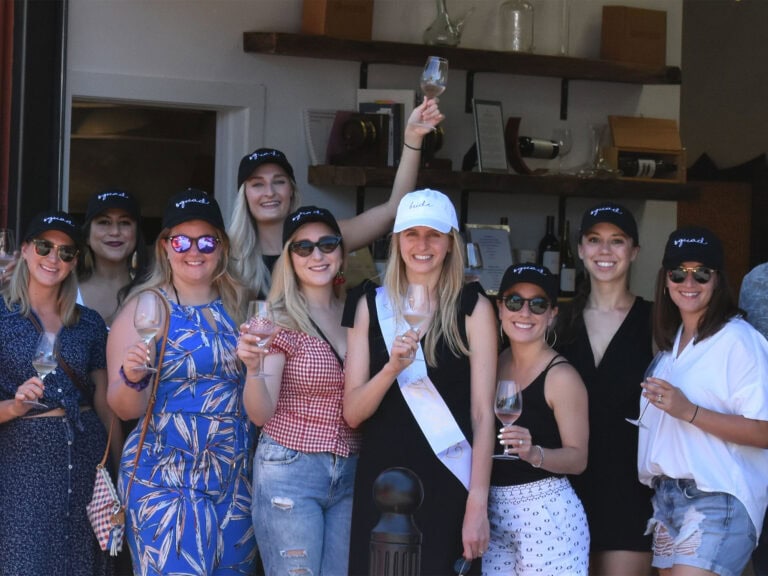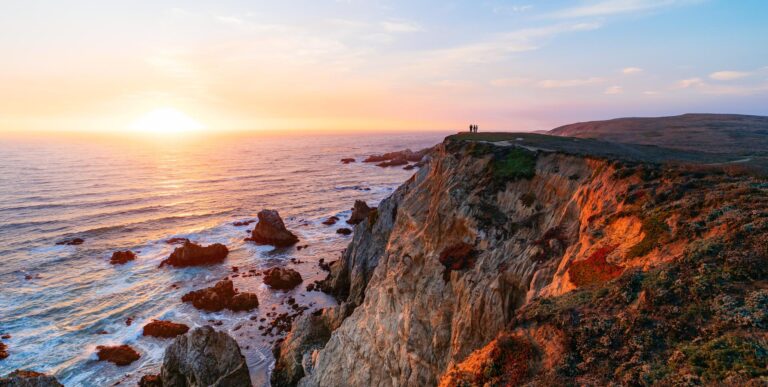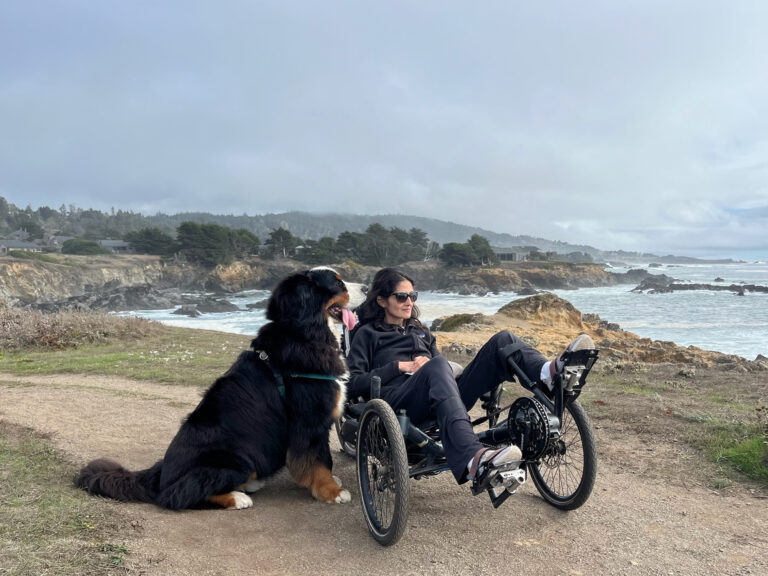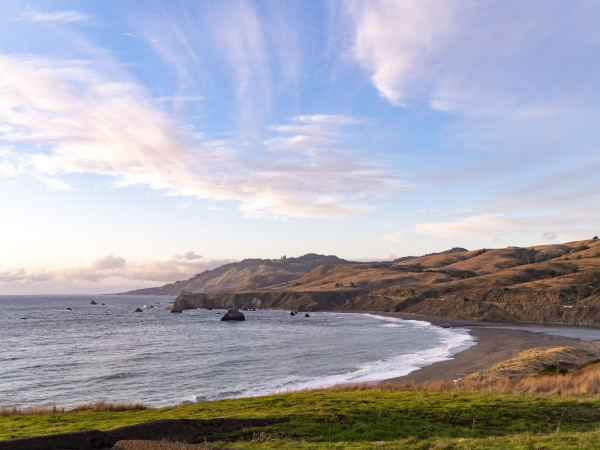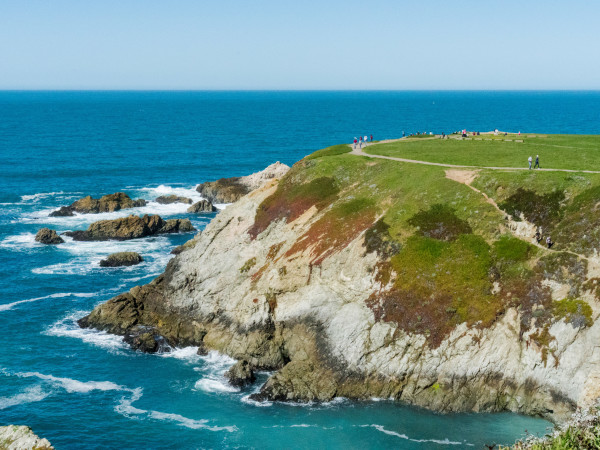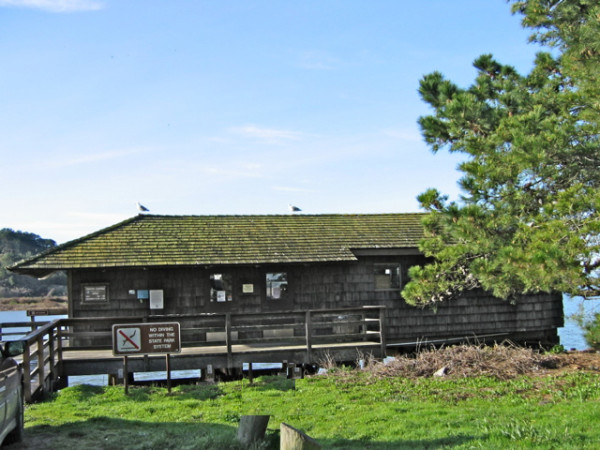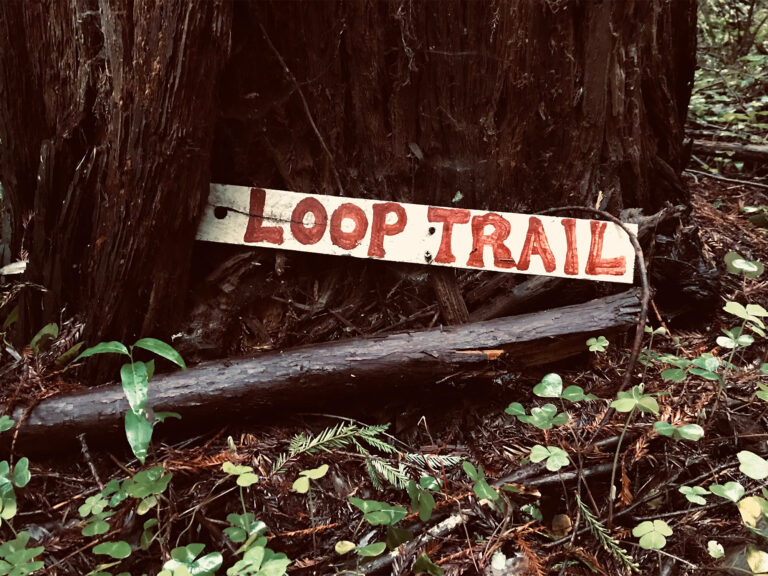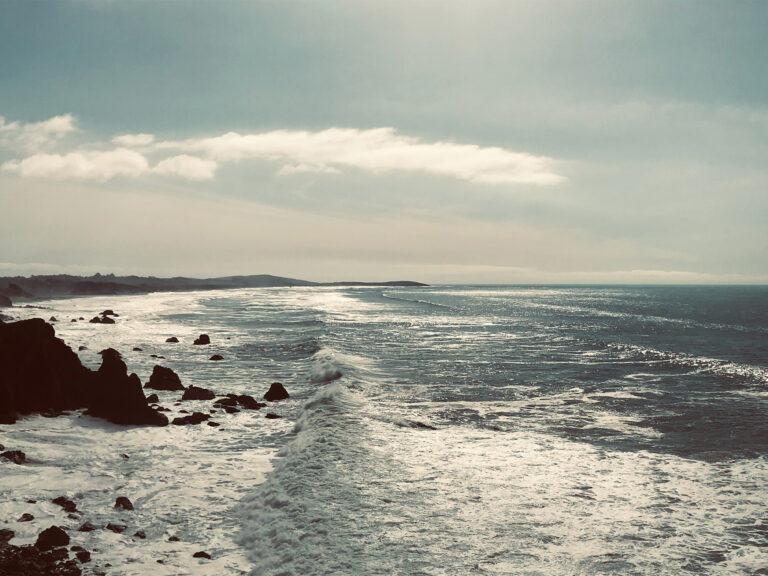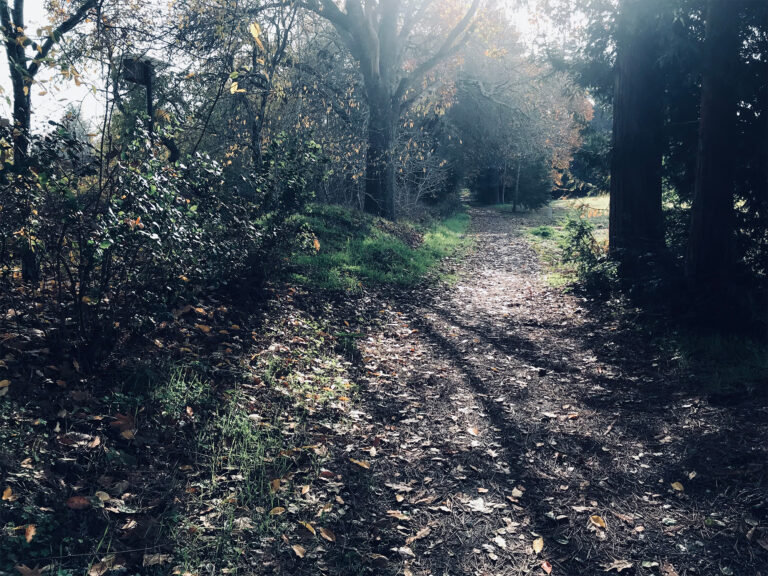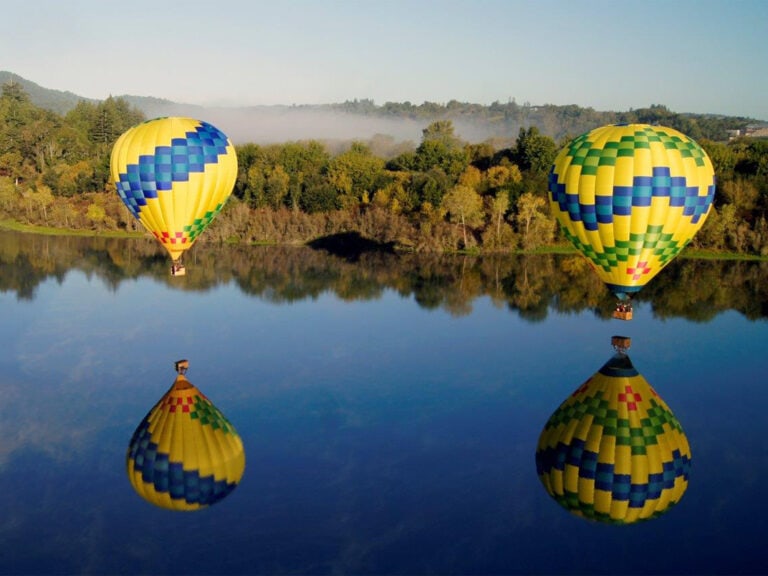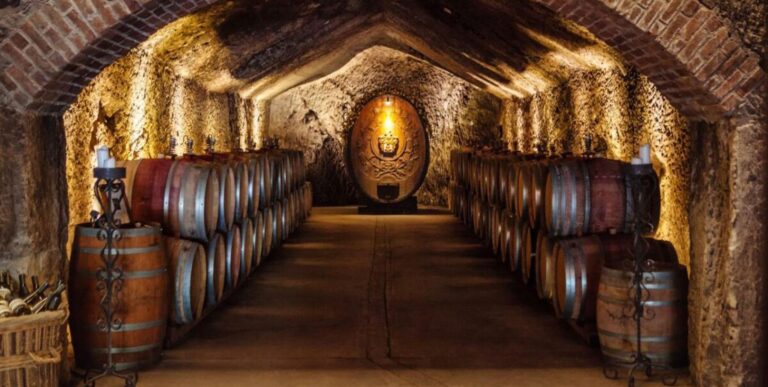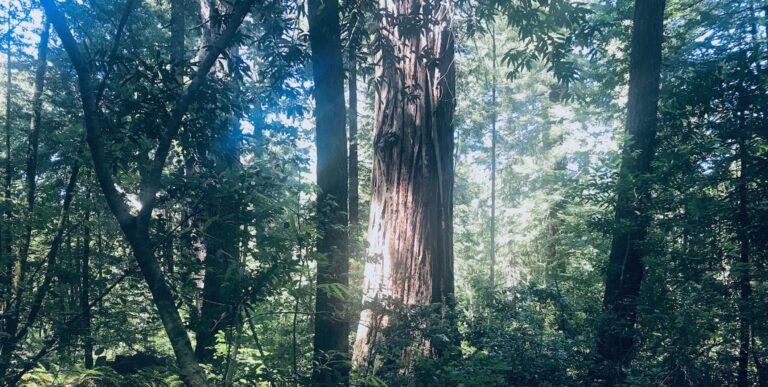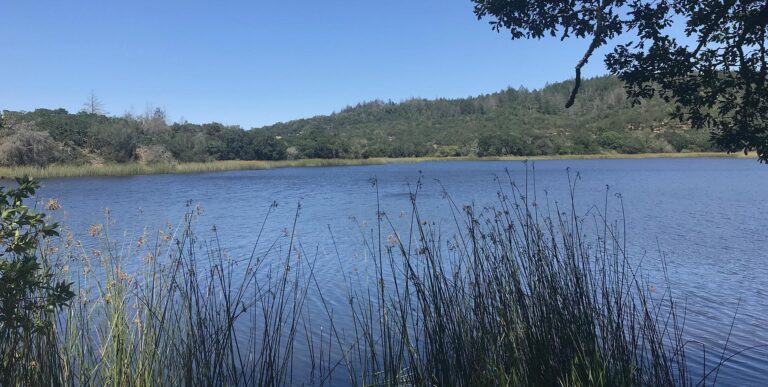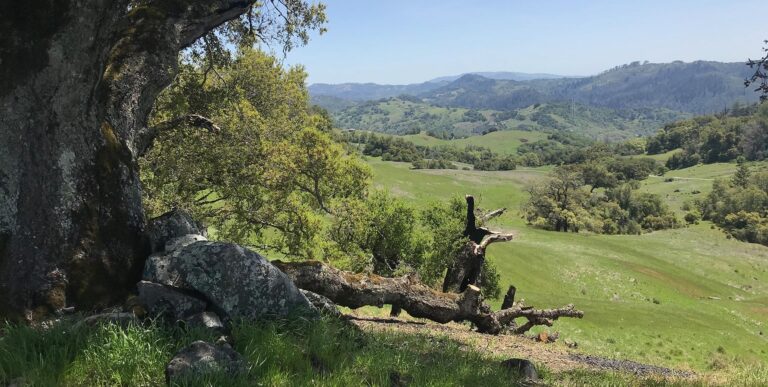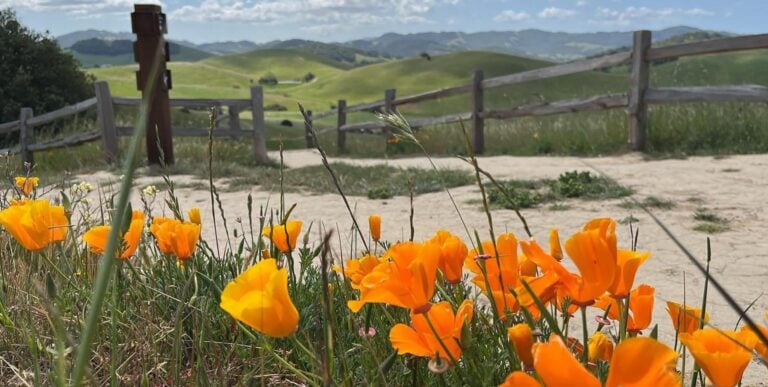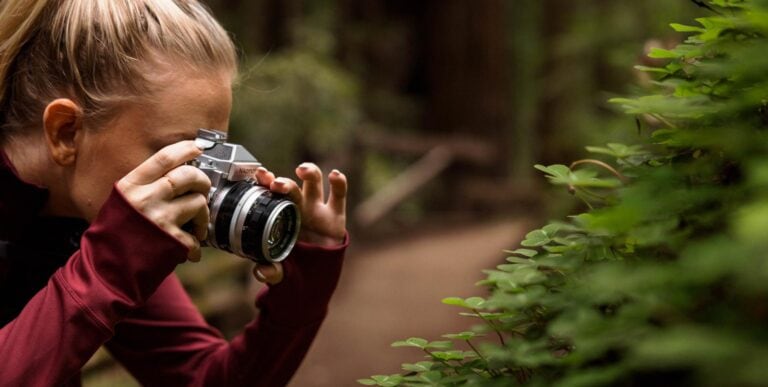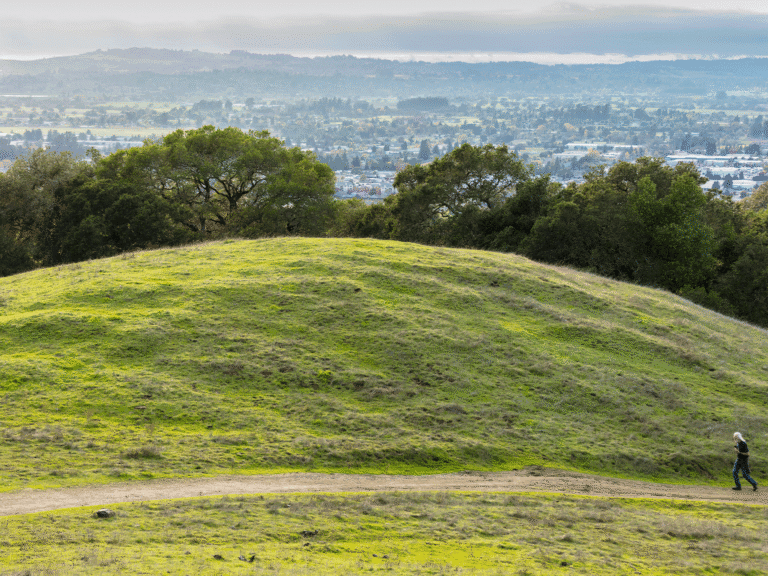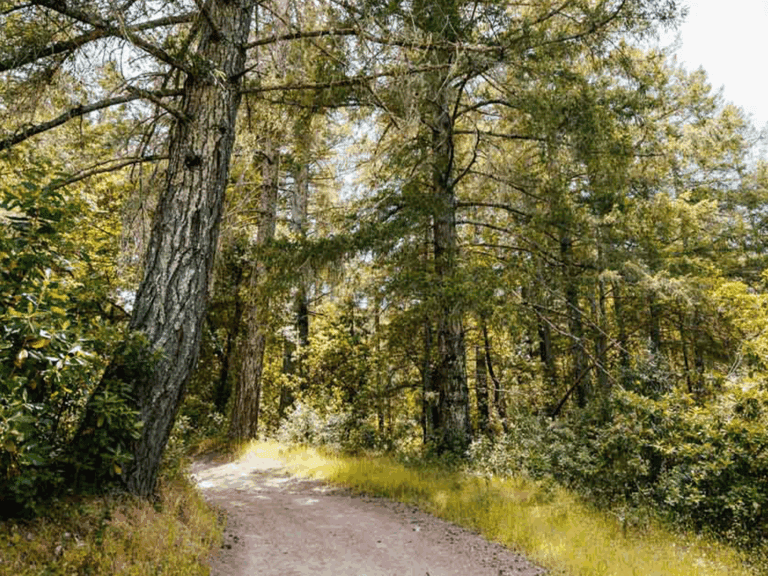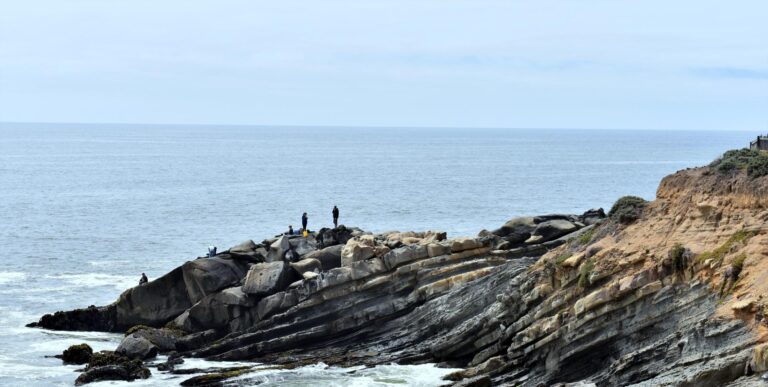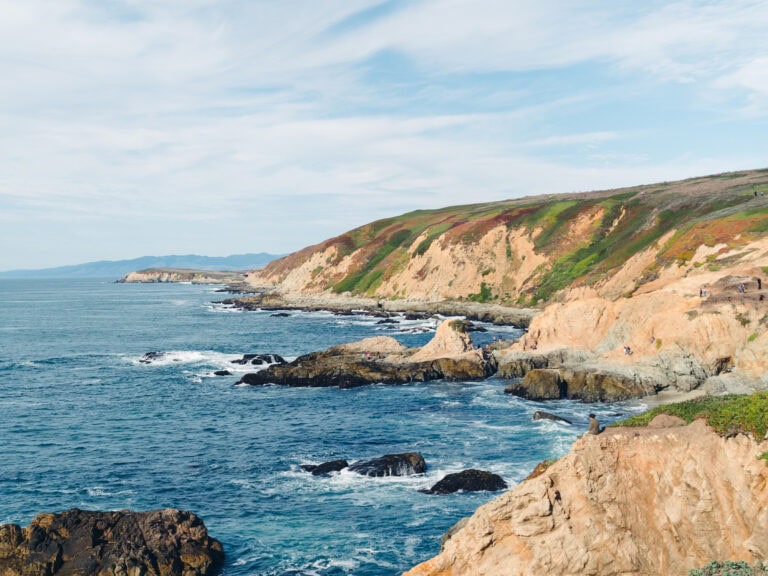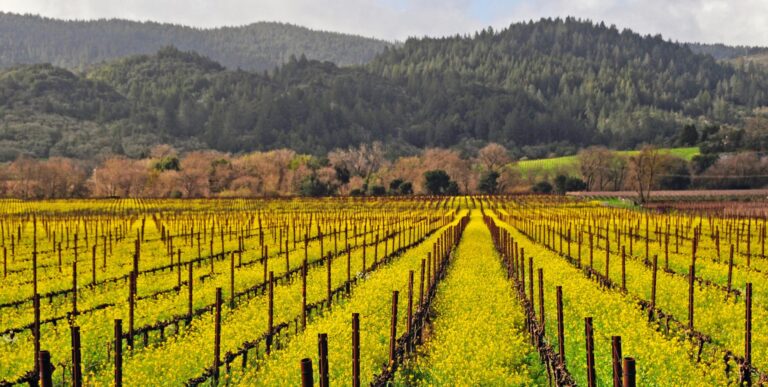Pacific Harbor Seals Mingle in Jenner
California sea lions and northern elephant seals are sometimes seen on Sonoma’s Pacific Coast, but Jenner attracts mostly Pacific harbor seals, and each spring, a large sand spit builds up here, at the mouth of the Russian River at Goat Rock Beach in the Sonoma Coast State Park, and provides an ideal rookery— an area where seals feel safe to give birth, rear their pups, and forage for food.

All summer long the spit is crowded with adult harbor seals and their frisky youngsters. They stretch out in the sun for hours, every now and then belly-flopping across the sand and into the water. The playful pinnipeds are fun and fascinating to watch, tending to draw a crowd.
However, though they appear sweet and fun-loving, never forget that seals are wild animals. Harbor seals are strong, fast-moving, and unpredictable (especially those protective mama seals). Enjoy watching them play, but for safety’s sake stay at least 50 yards away.
On a typical day, Pacific harbor seals spend about half their time on the sand and half in the water. They tend to forage at night and rest during the day. When foraging for food, they can dive as deep as 1,500 feet and stay submerged, according to the Marine Mammal Center, for as long as 40 minutes. Most dives, however, average about three to seven minutes.
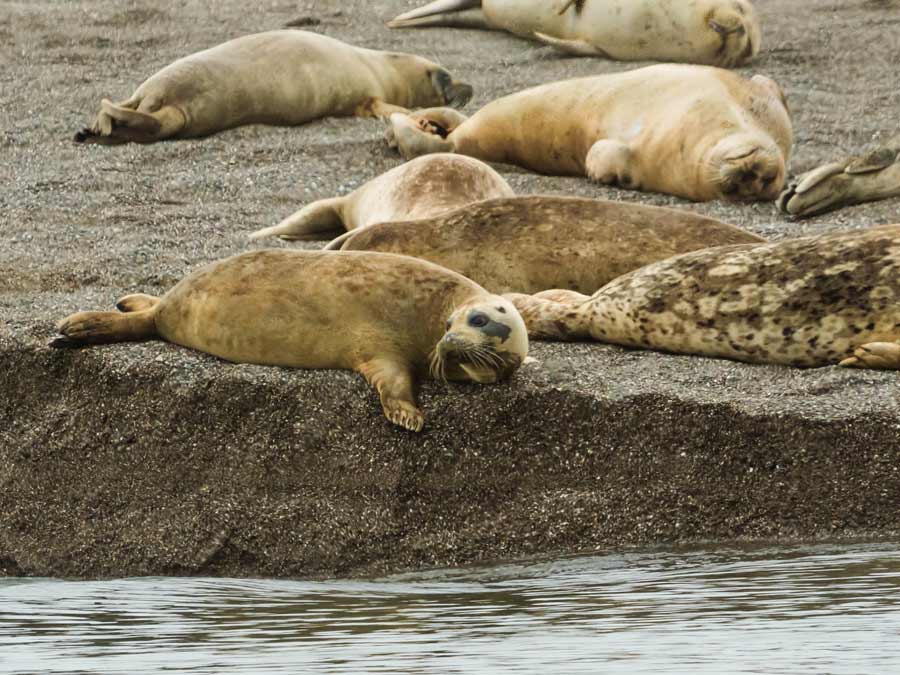
Here are some facts about these Pacific harbor seals that will make your observations even more fun:
Size:
As adults, they can weigh as much as 300 pounds and reach six feet in length. Unlike many other types of seals, male and female harbor seals aren’t much different in size.
Mating and Breeding:
A single pup, weighing 20-24 pounds, is born to a female between February and April. Pups can swim at birth, and take about four to six weeks to be weaned. Adult females mate and give birth each year.
Food:
As you’d expect, seals are big into seafood. They particularly enjoy sole, anchovy, herring, flounder, sculpin, hake, cod, octopus, and squid.
Aside from pinnipeds, the Russian River spit is also a major resting spot for various species of coastal birds. Among them are brown pelicans (considered a ‘Bird of Special Concern’ under the Endangered Species Act), and Heerman’s gulls (protected under the Migratory Bird Treaty).
Learn more about local history, flora, and fauna at the Jenner Visitors Center (10451 Highway 1, Jenner, 707-865-9757; open weekends in winter, and during the week and weekends in summer).
Together, we can protect and preserve the beauty and natural resources of Sonoma County for generations to come. Check out our page on Sustainable Travel, and look over the Leave No Trace Seven Principles.
Places Mentioned
THIS IS WINE COUNTRY.
Share your experience using #SonomaCounty or #LifeOpensUp


